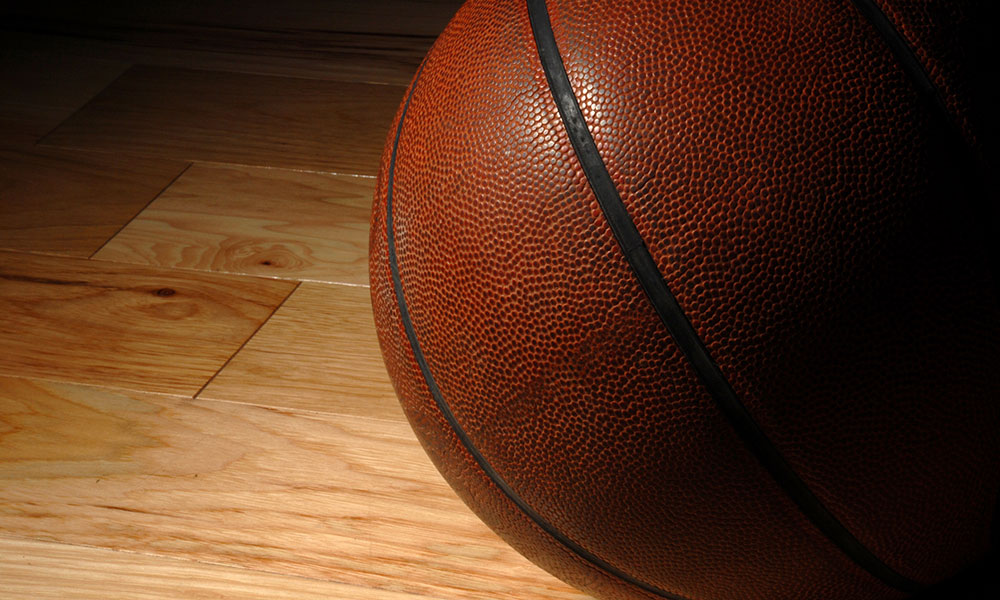
Amid March Madness, Gaming Group Calls for Regulated Betting System
Almost all the bets placed on the NCAA tournament are illegal, but Americans should have a way to wager legally on March Madness and other sporting events, the American Gaming Association says.
Americans will wager $10.4 billion on March Madness this year, the American Gaming Association estimates. That’s 13 percent more than last year’s estimated $9.2 billion. The problem, according to AGA? Ninety-seven percent of that betting is illegal under the Professional and Amateur Sports Protection Act.
PASPA, a federal law passed in 1992, largely prohibits betting outside of Nevada. Of the $10.4 billion estimated for this year’s tournament, only about 3 percent ($295 million) will be wagered legally through Nevada sports books. The remaining $10.1 billion will be wagered through illegal offshore websites or through bookies, AGA says.
Because illegal betting operates underground, there’s no regulation or consumer protection, and municipalities miss out on tax revenue, AGA argues. Criminal elements can remain hidden, and if someone decides not to pay out, there’s no remedy, noted Erik Balsbaugh, AGA vice president of public affairs. “When all of this is above board, it protects consumers,” he said.
Balsbaugh added that PAPSA was passed before the internet existed in its current form. “It’s time for the law to be updated to be in line with current realities,” he said.
The AGA has ramped up its efforts to repeal PASPA in the past year, including a grassroots campaign called Sports Betting in America. Fans and leagues have shown interest, in part because a legal system would enhance the integrity of the game, and repealing PASPA would allow AGA members to offer sports books at casinos. Also, AGA research shows that people who place bets watch more games, so a legal system would lead to more viewers, the group says.
“The federal ban on sports betting is an utter failure—depriving states of vital tax revenues and preventing millions of fans from wagering legally on games,” Geoff Freeman, AGA president and CEO, said in a statement. “It’s time for Washington to get out of the way and enable states to reap the rewards of a regulated sports betting marketplace.”
Some lawmakers have indicated they’re inclined to agree.
“The laws need a wholesale review to see how they can actually work together and create a fairer playing field for all types of gambling, both online and offline, including sports betting and daily fantasy sports,” Rep. Frank Pallone Jr. (D-N.J.) told ESPN last year. “At the same time, we must ensure the laws are actually creating an environment of integrity and accountability, and include strong consumer protections.” Pallone said he planned to introduce legislation after studying the issue.
AGA has actively courted the law enforcement community to build a coalition for reform. Last year, it garnered support from the National Association of Attorneys General for its “Stop Illegal Gambling—Play It Safe” initiative and held a Law Enforcement Summit that brought together representatives from a variety of law enforcement agencies and associations.






Comments